
What’s Your Motion Quotient
A surprisingly simple exercise measures the brain’s unconscious ability to filter out visual movement, and points to an unexpected link between IQ and motion filtering
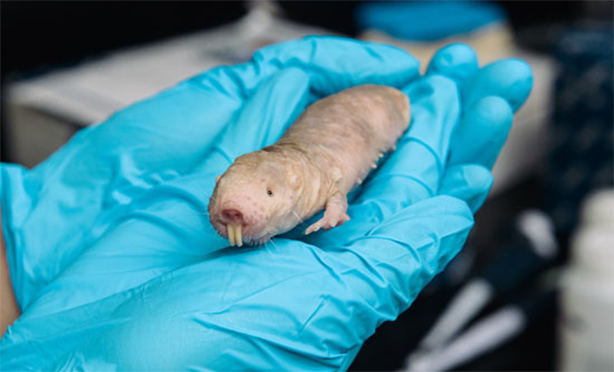
Naked Mole Rats Cancer-resistant Chemical ID’d
The biologists’ focus on high molecular weight hyaluronan (HMW-HA) began after they noticed that a gooey substance in the naked mole rat culture was clogging the vacuum pumps and tubing.
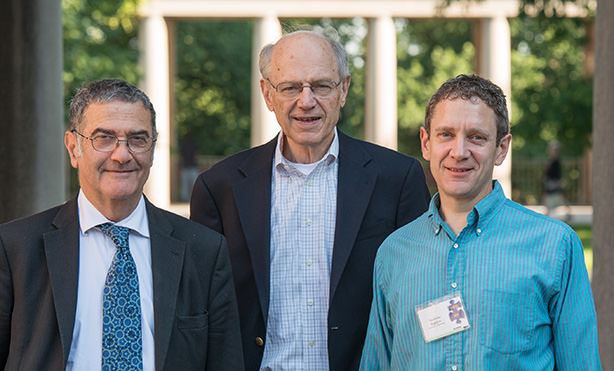
Quantum Optics Leaders Convene in Rochester
Two hundred physics and optics researchers from 20 countries worldwide have come together at the University of Rochester this week for the Tenth Rochester Conference on Coherence and Quantum Optics.

How To Hide a Boy – or Maybe a Satellite
With the help of his 14 year-old son, Benjamin, John Howell built three simple but surprisingly effective optical cloaking devices with inexpensive, off-the-shelf materials.

Lemonade Sweetens Fight Vs. Kids’ Cancer
Researchers put down their beakers and syringes in favor of pitchers of lemonade—in the spirit of the little girl who made it all possible.
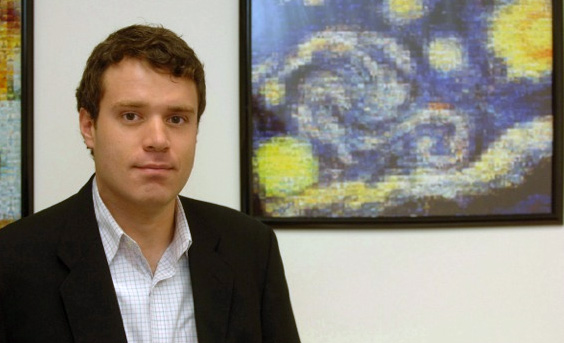
Autistic Kids Detect Motion Faster
Such heightened sensory perception in autism may help explain why some people with the disorder are painfully sensitive to noise and bright lights.
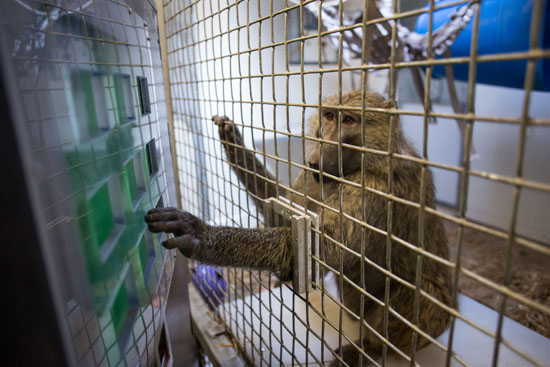
Making Sense of Monkey Math
The study tracked eight olive baboons, ages 4 to 14, in 54 separate trials of guess-which-cup-has-the-most-treats.

New Optical Lenses, Now Even Better
Researchers have applied a sophisticated imaging technique to obtain the first 3D, high-resolution pictures of a recently developed type of optical lenses.
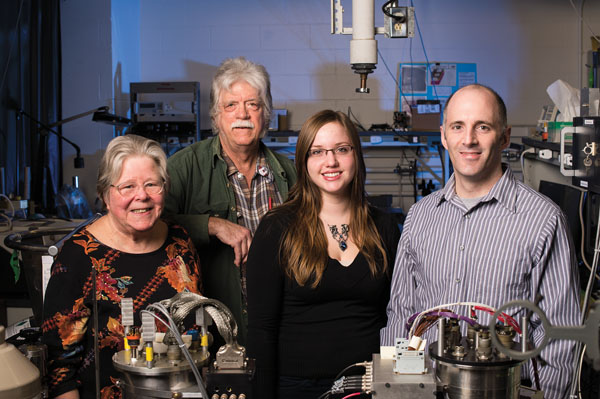
New Sensor Could Help Detect Asteroids Near Earth
The Near Earth Object Camera (NEOCam) sensor is a new infrared-light detector to improve the performance and efficiency of the next generation of space-based asteroid-hunting telescopes.

Student Team Wins an International da Vinci Award
The five engineering students developed the MonoMano Cycling Control System, which enables riders to steer, brake, and shift gears on a recumbent tricycle with one hand.
